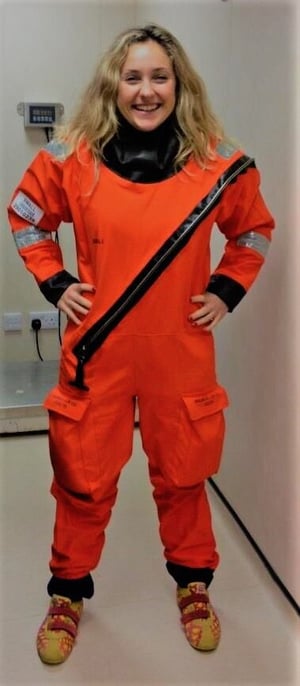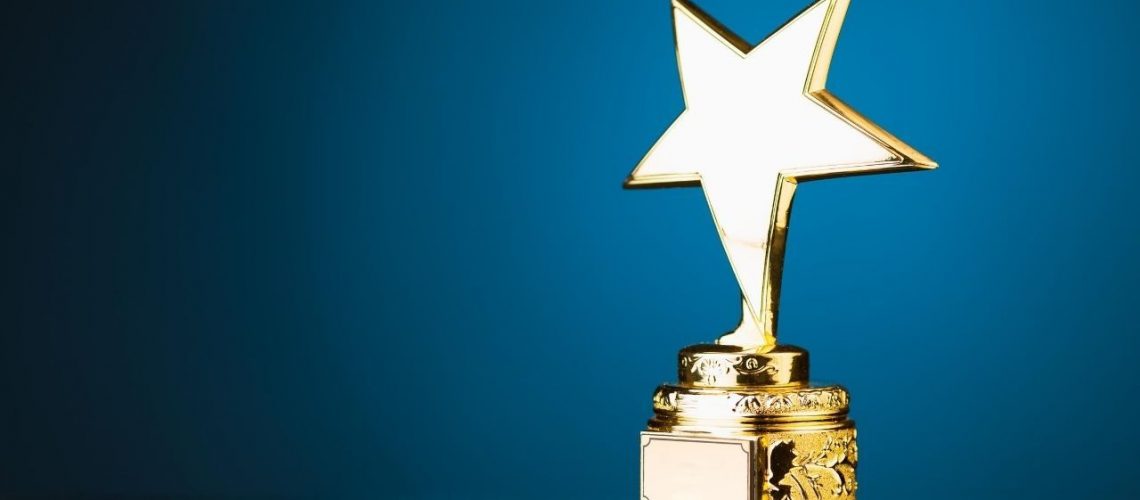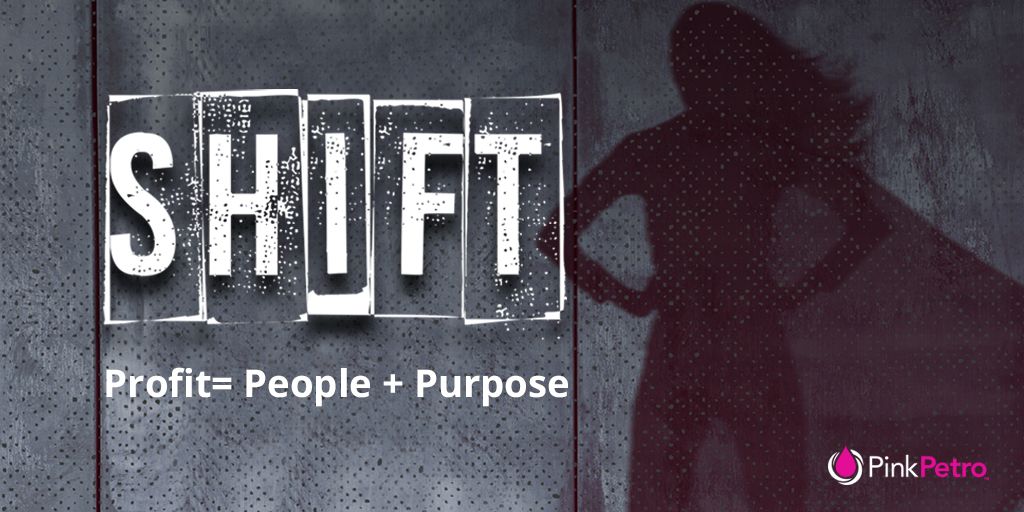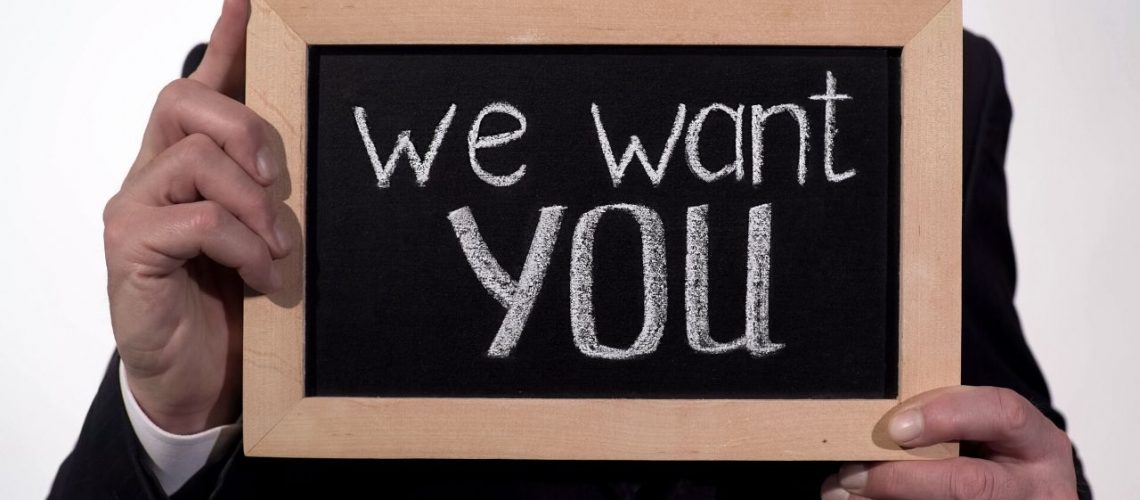Anne Claudel is an internal technical auditor in BP’s Upstream function but her previous roles have given her a wealth of operational experience on many engineering projects - often in extreme environments.
Ms. Claudel was awarded the Rising Star award in the Oil and Gas category.
The Rising Star awards were introduced to showcase the UK pipeline of female talent below management level and to create 100 female role models across 20 different industries and professions. It recognizes the achievements of talented women on their way to the top; the contributions they make to their organizations and society in general.
I had the chance to talk to Ms. Claudel to get to know the woman behind the award.
What made you decide to pursue engineering as a discipline? How did you get your start?
My parents work in the health sector, there are no engineers in my family. After high school, I had to choose the field, After high school, I had to choose a field. I don't like the sight of blood and I am not extremely patient with people, so I decided that the health sector was not the best choice for me. The remaining options were business school or engineering school. Besides, the facts that I liked science in high school, part of the reason I chose Engineering is that I could stand out since it is a male dominated sector. Whereas in business and marketing, it would be more difficult to differentiate myself.
Boy was I right! A competent woman on the rigs is the queen! That was my first wise thought! So yes, my love of sciences played an important role, coupled with my "cynical" logic, in helping me make my decision.
Nobody really influenced my decision to go for engineering. Both my grand-mother and my mother worked full-time and I never considered not working. Based on these examples, I knew I had to find a career I would enjoy because my work would be an important part of my life, for a long time.
I went to school at INSA (Institut National des Sciences Appliquees) in Lyon, France where I studied civil engineering. My first job after graduation was at Schlumberger, where I worked for 5 years. This job sent me all over the world and gave me good engineering experience to build off of.
What does this Rising Star award mean to you?
This award is a symbol of recognition from my peers in BP, recognition of my performance at work and contributions to activities unrelated to my work. It recognizes my contributions to supporting women in engineering, for example, my work with the Women's Network. It is an honor because this is recognition from my colleagues as well as people whom I've never met. And all for my professional accomplishments. Plus, it is great to be celebrated!
What would you say was your best experience on the job?
There have been so many, and I expect them to keep coming, The people I meet, the countries I have lived in, and visited, the odd places, and the environments I have worked in are all highlights.

People:
The oil and gas industry is inherently diverse in terms of ethnicity, culture, backgrounds, and experiences. I recall this company man on a platform in the North Sea, with this white beard: I was stuck on the rig on Christmas day; he looked like Santa Claus. It took me some effort to gain his trust and to prove that I was technically capable. I still have the picture of us hugging before I flew off! Or the pilot of the 4 seat plane that was taking me to the rig in the Sahara. He let me sit on the co-pilot seat and talk with the control tower! Another one is when I stood my ground against the opinion of a very experienced company man (the boss on the rig) and I delivered a successful operation, proving I was right. In the same line, winning over old grumpy rig workers feels like a personal achievement every time!
Countries:
I have lived in 5 countries, ranging from -30*C to 50*C from a town of 15000 people to London, a metropolitan city. I have worked in 24 countries, spanning the globe.
Environment:
I know work at a desk with nice ergonomics features: an adjustable chair and desk, 2 screens, a mouse that prevents my wrist from straining...I used to work (and sometimes spend nights) from a truck on the rig, where the cold/sand/heat made everything a challenge. Which environment do you think is more exciting?
My latest highlight is being elected as the chairperson of the Society of Petroleum Engineers (SPE) London board.
Did you have a mentor? Are you yourself a mentor to others?
I did not have a mentor at Schlumberger, but I have many at BP. Mentors to me are people that you can go to for advice on various things, such as career development, balancing life and work, and all things work related. The advice doesn't have to come from one specific mentor, but it is key that a mentor is supportive and very approachable. Though mentors can offer a lot of support, it is also important to have a sponsor. A sponsor is someone who will champion you when job opportunities arise, push for you, and help you build your reputation. It is crucial to find a mentor or sponsor because without support, it is difficult to get very far.
What are the toughest problems and decisions you handle? What do you wish you had known about the job before starting?
I work as a Technical auditor. My job is to go to different BP locations to check on business processes and talk to people and ask them what they do an dhow they do it. I make sure that the employees are aware of the processes and if/when they aren't, its my job to make sure that discussions are conducted to make corrections, which ends up requiring a lot of document review. The challenge is the fact that every audit is different, but that's what makes it interesting. I learn on the job and am always picking up skills along the way. I wish I had forecasted the economic downturn, to plan my mid-term goals differently.
What significant changes have you seen take place in your profession through the years? How important is it to promote young women to pursue STEM education?
In my years at work, the biggest change I see is the bigger focus on women in the industry. There are more options/actions to promote the woman nowadays. I do the same now with students. I have visited schools and talked to children aged 11-17 about my job and my responsibilities in order to show them what women can achieve. For me, gender balance is key. There has been research proving that having proper gender balance in teams, and even on the corporate level, improves revenue, relations, and the industry as a whole. My goal is to promote higher education and motivate women to take leadership roles
With your experience, what advice would you give to young women who plan to pursue engineering/any STEM profession?
My main piece of advice would be to beat this imposter syndrome. You are where you are because you earned it, no other reason. Surround yourself with people who believe in you and who tell ou so, and trust them; they are right. And it is ok if you don't meet everybody's expectations. You cant make everyone happy, and your mom will eventually come around to your "less than traditional" lifestyle.
To other women, my advice is this: In engineering, you will be able to prove your technical capability and add value by the soft skills you will bring to work. Don't think you have to be one of the boys if you want to succeed in engineering; you have to bring your whole self and you will make a difference. Just go for it, I really don't see why you would choose any other career!




